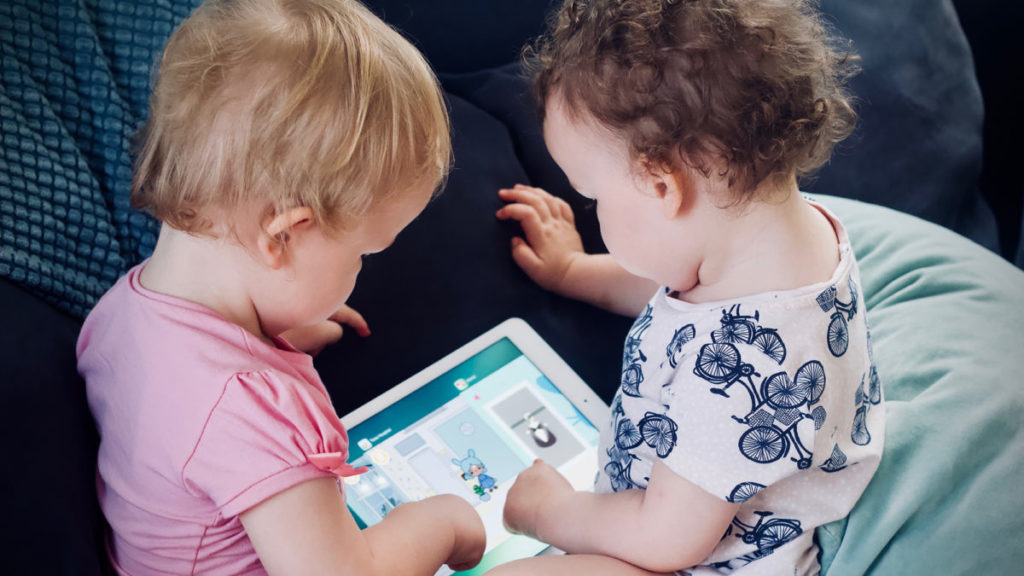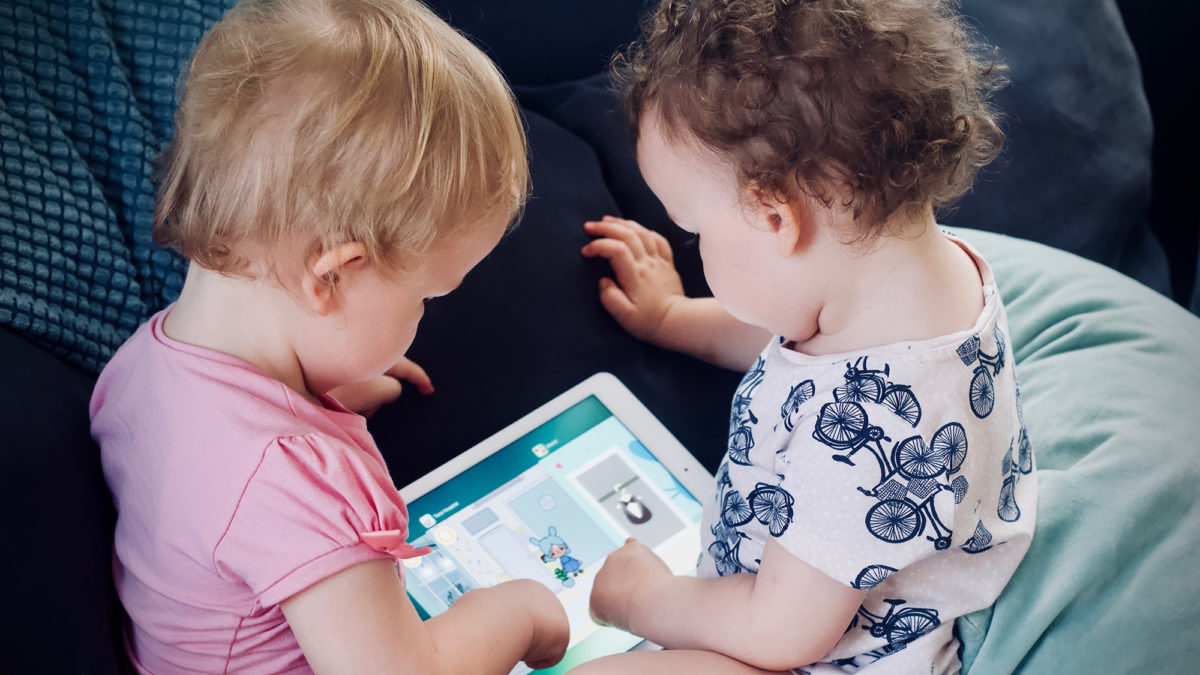Experts at the College of Education offer advice and resources to help families with young children balance online learning with life experience during the COVID-19 pandemic.

arents across the world are struggling right now. On top of managing life, work and a household during a pandemic, they are now responsible for being teachers. Not surprisingly, this has many stressed out.
Taking to the internet, parents are researching activities, purchasing educational apps, downloading games and getting curriculum notifications from their schools. Even with resources available, many parents are worried about how to become homeschoolers overnight.
With so much out there, how can parents know what their children really need to keep their learning on track?
According to the Agency and Young Children Research Collective (AYC) at The University of Texas at Austin, parents and caretakers of young children should not feel pressured to fill children’s days with activities outside their comfort zone. Parents have knowledge that schools don’t always have or teach children. From hobbies to chores, this is the opportunity to pass on expertise and knowledge to young children. Their research shows that children love to help and feel safer when they are participating and contributing to the family in a healthy way.
“The time parents and caretakers are able to give attention and affection will help children’s learning as much if not more than content online or on a worksheet,” says Jennifer Keys Adair, associate professor at UT Austin’s College of Education and lead researcher at the AYC Research Collective. “Young children will learn much more about math and science by helping their families cook, measure, build or re-organize than they will learn online.”
To help parents, caretakers and teachers navigate early childhood education in the time of COVID-19, her team put together a resource document outlining tips and suggestions on how to balance online and experiential learning for pre-K through third grade. It can be accessed for free online here.
“We wanted to offer some practical tips for stressed parents and help them remember that they are brave and capable,” says Adair. “Checking in about the well-being of parents and caretakers is more important right now than making sure they are logging in children or tracking completed work.”
Adair says that young children learn best through participation, making decisions, and observing. Below are five guiding principles of early childhood learning that can help parents make the most of their quarantine time with their kids.
15/45 Minute Rule
Give your full attention to young children for 15 minutes and then give them an activity or an online lesson/video to keep them busy so that you can work or complete other responsibilities for 45 minutes.
Focus on the Five Senses
Children learn by touching, listening, talking, moving around, observing and tasting. When things are bleak, go outside for a short walk and see what children notice, and let them use all their senses. Or let children explore materials in the house such as rocks, leaves, sea shells, instruments or cooking utensils.
Balance Online with In-Person Learning
Children learn through their bodies. Online learning (listening to people read books, math facts, reading apps, etc.) should be evenly balanced with in-person/hands-on activities such as building, working, drawing or playing.
Pass on Your Knowledge
Children want to learn about what parents are excited about. Teach your children to appreciate what you are interested in by letting them participate with you.
Learning Happens by Trial and Error
Teaching children is challenging and scary at times. We don’t have to be experts to show love, attention and provide learning opportunities to young children. Young children learn to walk by falling down, and so do their parents and caretakers.
For more ideas on how to apply these developmental principles in your home or at your school, you can visit the full report online. Adair says it is also available in Spanish and Turkish. She hopes that this resource will help families balance online learning by making sure young children feel safe and cared for during such strange times.
Source: https://news.utexas.edu/
Disclaimer: This story has been published from a wire agency feed without modifications to the contents


